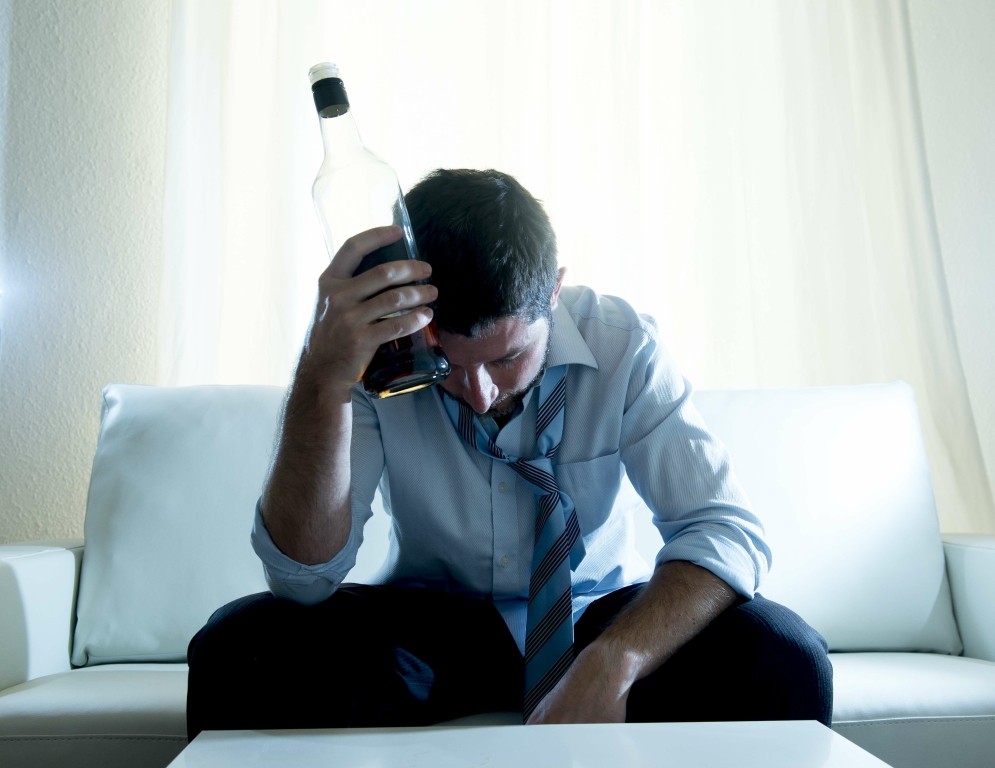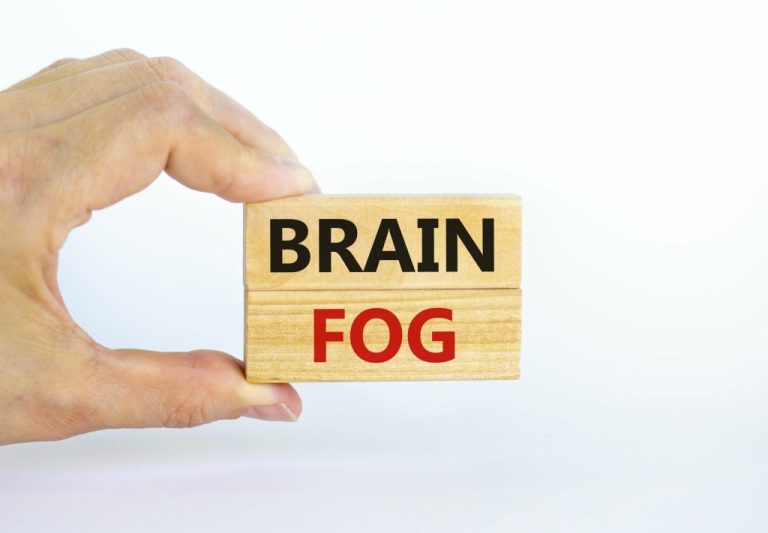You also likely have less muscle mass than you did when you were younger, so the effects of alcohol can come on faster. With age comes wisdom, but even older adults can be caught off guard by a drinking problem. However, you can always take steps to adopt a healthier relationship with alcohol. The first step is to learn about common reasons for drinking, signs of excessive drinking, and the unique risks alcohol poses to older adults.
Health Encyclopedia

All statistical analyses were performed with R software (version 4.1.1) and SAS software (version 9.3). Secondary prevention strategies should focus on those elderly people whose drinking pattern, while not fulfilling criteria for alcohol misuse or dependence, may be putting their physical or psychological health at risk. For example, an older person on anticoagulant treatment with a moderate intake of alcohol may be unknowingly putting their health at risk. As you age, changes in body weight can alter how alcohol is metabolized and how quickly alcohol leaves the system, affecting how you feel the next day. Both gaining and losing weight can impact this process, and, interestingly, so does your blood alcohol level.
Why older adults drink
For instance, a person may forget to wash their face or brush their teeth. Habitual actions like these will lead to cavities, acne, and similar issues. Alcoholism does alcohol make you look older is a colloquial term that is generally understood to reflect severe alcohol use disorder.
Alcohol and aging
And that means you can get hit with all the side effects in fewer sips. If you do decide to drink, professionals recommend that people over 65 shouldn’t take more than one standard drink each day and no more than 7 each week. Of course, this amount may vary depending on your own health and body type. As you get older, the effects of alcohol can become dangerous.
However, there are healthier ways to manage stress and boost your emotional resilience. Understanding your triggers can be extremely helpful in regaining control over your alcohol consumption. Triggers are familiar circumstances that guide you to take a specific action. They don’t force you to engage in a behavior, but they can subconsciously provoke a behavioral response — in this case, reaching for an alcoholic drink. Although it’s convenient and often cheaper than going to a bar, avoid storing alcohol in your home. If you have beer in the fridge or wine in the dining room, it’s too easy to reach for a drink at the end of a stressful day.
- Just like alcohol, drug addiction can speed up aging in many different ways.
- When uncertainty about, well, everything, was too much to bear, I found solace in a glass of wine.
- Depriving yourself of adequate sleep can make you age faster.
Heavy drinking over a long time can shrink brain cells and lead to alcohol-related brain damage (ARBD) and certain types of dementia. Symptoms of that include lack of judgment, organization, or emotional control, trouble staying focused, and anger issues. Older people are more sensitive to the sedative (sleep-inducing) effects of alcohol, as well as its effects on balance, coordination, attention, and https://ecosoberhouse.com/ driving skills. This puts older adults at higher risk for falls, car crashes, and other injuries that may result from drinking.
- To determine whether alcohol consumption has a linear relationship with EAA, participants were divided into four groups based on the long-term average total alcohol consumption.
- With assistance and support, it is possible to return to a sober life and to enjoy a more youthful appearance.
- Some evidence even suggests that older drinkers are less aware of these effects, even as they are experiencing them.
- That’s because with increasing age, “our bodies become more sensitive to the effects of alcohol,” says Kenneth Koncilja, M.D., an internal medicine physician at Cleveland Clinic.
Your Alcohol Consumption

Older adults experience greater levels of impairment than younger people from equivalent amounts of alcohol because of changes in the way alcohol is processed as you age. Alcohol can also reduce or neutralize the effectiveness of both over-the-counter and prescription drugs. Some drugs also intensify the sedative effects of alcohol and may make you feel unusually drowsy or uncoordinated after only one or two drinks, putting you at increased risk of falls or injury. If you’re on medication and think you might drink alcohol, talk to your doctor or pharmacist first. Unhealthy drinking can lead to other problems over time, such as increased risk of falls, dangerous medication interactions, increased risk of cancer, and, in more severe cases, liver disease and early mortality.
- Whereas in heavy drinkers cognitive decline is observed, mild-to-moderate drinking might contribute a better results in cognitive tests.
- Besides physical appearance, most individuals are conscious about the way that they smell.
- However, when a person has a preoccupation with alcohol, he or she may lose control and have the inability to stop.
Life expectancy
For example, alcohol combined with allergy medications can make you extremely drowsy, or you may develop liver damage when drinking alcohol with common painkillers like Tylenol or Ibuprofen. Always check with your doctor or pharmacist before drinking to ensure your medications won’t react badly with alcohol. One of the most immediate effects of alcohol on the skin is dehydration. Alcohol acts as a diuretic, which means it increases urine production and leads to the loss of fluids and essential electrolytes.
If you’re not quite ready to hang up your glasses — drinking is, after all, a pleasurable sensory and social experience — Morrow seconds Kling’s advice to drink mindfully, which is imperative as you age. If you were thinking it’s enough to swap out dessert for a cocktail to account for the added calories, think again. There’s evidence that alcohol affects your stress-response pathways, activating your fight-or-flight response and increasing your cortisol (your primary stress hormone) levels.
These alcoholism treatment proteins are vital for maintaining skin elasticity and firmness. The breakdown of these fibers leads to sagging skin, deeper wrinkles, and an overall aged appearance. Alcohol can cause the body to retain water, leading to puffiness, particularly around the eyes and face. This bloating effect can give the appearance of sagging skin and contribute to a tired, aged look. The consistent strain on the skin from swelling and deflation can also cause the skin to lose its elasticity, further enhancing the aging process. Our programs are flexible and customized to target your specific needs.
Negative effects of alcohol use in older adults
Receive free access to exclusive content, a personalized homepage based on your interests, and a weekly newsletter with topics of your choice. Going from one daily unit to two (half a beer to a glass of wine) was roughly equivalent to two years of aging. Going from two daily units to three (a glass of wine to one and a half) was like aging three and a half years. -online.org—International Psychogeriatric Association, which aims is to improve the mental health of older people everywhere through education, research, professional development, advocacy, health promotion, and development of services.
Health issues might lead you to despair or even ruminate on your own mortality. Drinking can seem like a way to escape from these difficult feelings or provide relief from chronic pain and discomfort. What’s not so well known is the effect of alcohol consumption on biological aging, specifically binge drinking, long-term drinking and type of drinks — such as beer, wine or liquor. Previous studies have shown that alcohol consumption increases the odds of hypertension 21, 56, 63. We, therefore, examined the association of long-term average alcohol consumption and residuals of GAA and PAA with hypertension utilizing the mediation analysis “PROC CAUSALMED” in SAS.